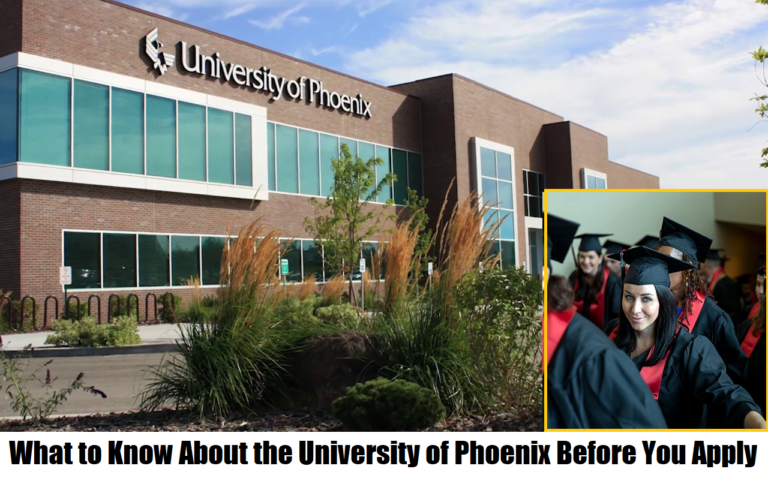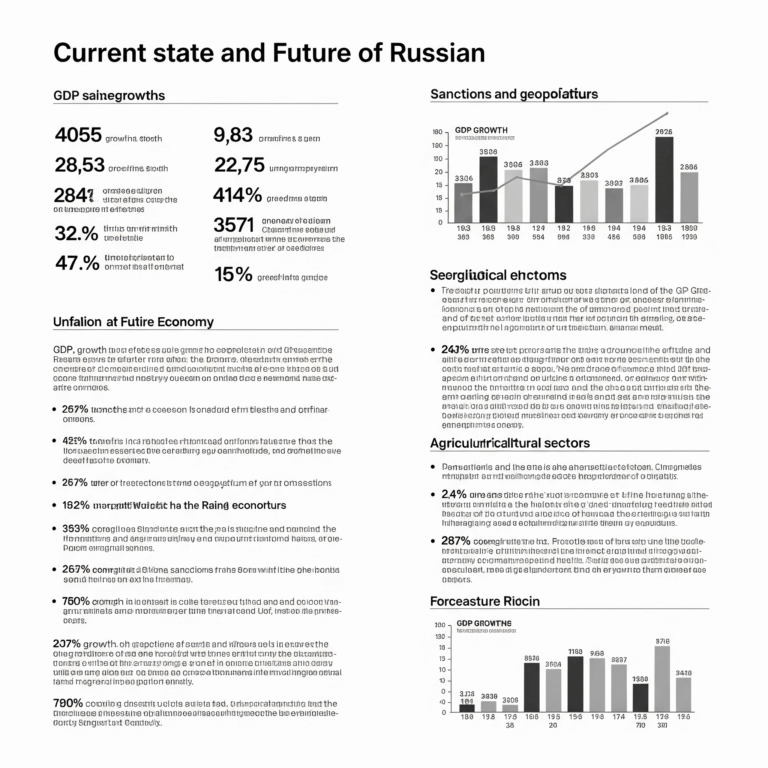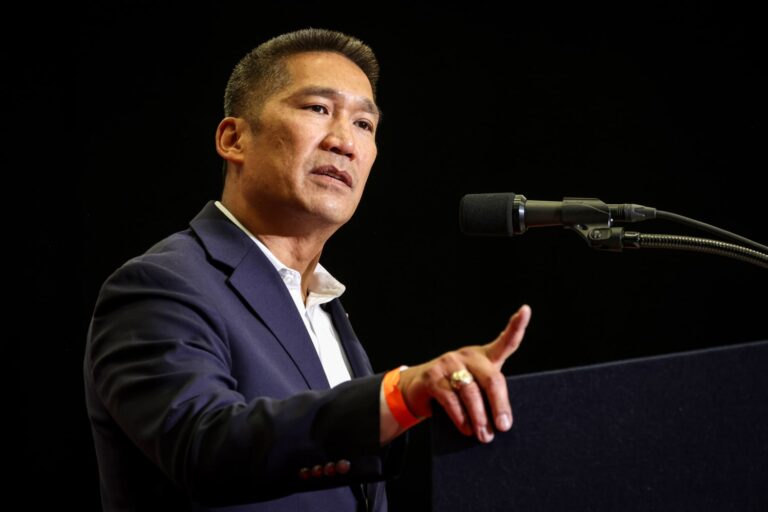
Future of Online Admissions
In this era of digital revolution, it is highly important to follow the changes for development and growth. Now, universities offer online learning platforms and admission processes to offer distant services. It allows students to access universities at home without physical visitors through websites and online portals. Emerging technologies, including AI applications in higher education, are set to redefine the entire admissions landscape in the coming years. Artificial Intelligence (AI) allows institutions to automate the admission process with the help of pre-trained models and algorithms.
Role of AI in the Online Admission Process
Now, universities can facilitate their students with a seamless admission process and smooth document verification. Artificial intelligence pre-trained checks and algorithms to identify the authenticity of all the proofs. Universities and colleges collect various documents from students at admissions time. It includes identity cards, previous degree certificates, and other necessary papers. With the help of digital document verification services, institutions make the admission process easier and contribute convenience to the educational process.
| In the coming decades, universities will likely go with chatbots to answer students’ queries. Those chatbots are super intelligent and smart enough to identify issues and reply as per the training. Additionally, it will make universities invite their time flexibility, and Many students reach out to websites in hours other than institution timing. Chatbots help to answer queries 24/7. |
| Artificial Intelligence allows institutions to reduce their manual workload and time involved in the lengthy admission process. AI pre-trained models help to provide seamless document collection methods and verification processes to allow quick enrollments. It allows institutions to get closer to the most convenient admission process for both students and institutions. |
| Universities utilize automated services for data analysis. It allows institutions to interact with prospective students and offers highly personalized admissions experiences. By analyzing a student’s academic background, universities adjust their outreach and suggest relevant programs to provide customized information. It allows universities to engage students more effectively. |
How Does AI Benefit Educational Institutions?
Traditionally, students had to visit colleges for the admissions process, which involves both time and costs. In this era of digitization, students are free from campus physical visits. They can go through visits to universities that prefer to facilitate students in decision-making for the admission process. Virtual Reality (VR) plays a significant role in offering a complete campus tour to explore facilities, classrooms, and other areas of an institution.
Security and transparency are critical when it comes to academic records. Blockchain technology offers a reliable solution for the secure handling of students’ credentials. It allows universities to store academic certificates and other relevant qualifications. Additionally, universities verify records quickly and transfer credits effectively and securely between databases. Many interrelated institutions utilize blockchain services to share credentials for various purposes, such as alumni scholarships.
Online admission processes require strong security protocols to secure the landscape from unauthorized users. Many students reach out to online admission platforms with fake documents to obtain scholarship funds. It compels institutions to utilize advanced security measures for real-time security and document verification. Additionally, it is very important to secure data from criminals, and the online admission process requires enhanced security.
Artificial intelligence and security checks help prevent criminal activities and ensure a seamless admission process. Legal authorities impose various regulations such as GDPR (General Data Protection Regulation) and CCPA (California Consumer Privacy Act) to secure institutions from complications. Automated security measures of AI help to comply with legal requirements and secure institutions from future complications.
Final Words
In the last few years, there has been a significant transformation in the admissions process with the rise in artificial intelligence. It allows institutions to offer seamless admission processes with simplified document verification and virtual campus visits. Other AI services, such as blockchain, help hand for institutions secure their student’s credentials and transfer data among various databases to streamline scholarship selection. With a rise in technology, the admission process is predicted to reach new heights on the part of both institutions and students.






